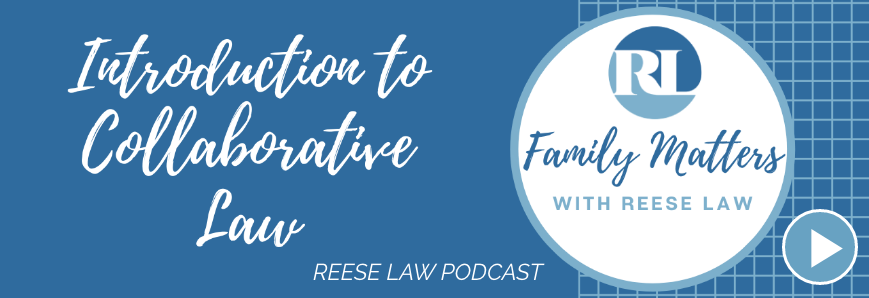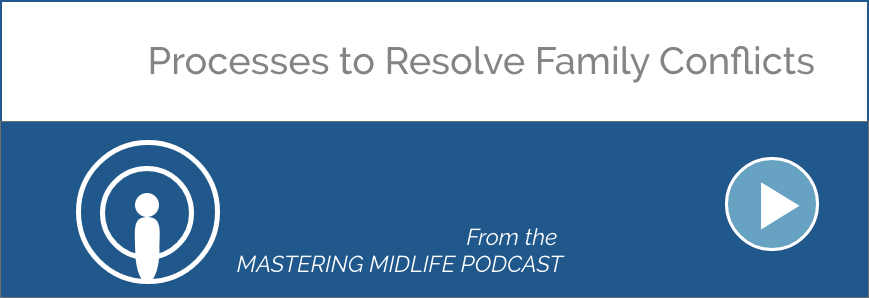Collaborative Divorce
The end of a relationship is a painful, difficult time. As an alternative to litigation and mediation, family law collaborative divorce is a team effort between the parties to work out their dispute fairly and with a minimum of animosity. Our collaborative divorce attorneys are specially trained and certified in this process, and we are ready to help the parties retain control over their experience, finances and outcome.
You should consider working with a collaborative divorce lawyer if you want to protect your children from emotional stress, a civilized resolution, the best co-parenting relationship possible, control over your finances and children, to protect your privacy, or to resolve conflict with integrity.
No Threat of Litigation
Parties and their collaboratively trained attorneys enter into a Participation Agreement and commit to resolving the parties' issues outside of litigation and neither the parties nor their counsel will threaten to pursue litigation.
The parties' collaborative attorneys cannot represent his or her collaborative client in litigation should a party choose to terminate the Collaborative Process.
Financial Safety & Control
Open discussions and full disclosure between all parties and professionals. The financial cost is dictated by the complexity of the parties' issues and the parties' level of effort and cooperation.
The parties have control over the timing of meetings and actions in accordance with their schedules and when taking action is more financially manageable.
Team Approach
A "Collaborative Case" may consist only of the parties and their attorneys, or it may include a number of other neutral professionals, depending upon the parties' needs, including Divorce Coaches, Parenting Specialists or Coordinators, Financial Professionals, or Mortgage Brokers.
It makes the most sense for the parties to hear from experts in each of these areas, and in most cases, at a lesser expense than having the attorneys take on those expert roles.
Privacy
The Collaborative Process provides the parties with the privacy that litigation cannot.
Issues are discussed in team meetings, not aired in the courtroom.
More to Explore
You might also be interested in:
- Mental Health Considerations & the Dissolution of a Family
- 8 Steps to Using the Collaborative Process
- ADR for Family Matters During the Pandemic
- Talking to Your Spouse about the Collaborative Divorce Process
- Marriage Story
- Getting to the Finish Line in An Uncontested Divorce
- Using Experts In Family Law Practice
- 5 Reasons to Work With an Attorney in Your Divorce
- The Benefits of Collaborative Divorce
- Surefire Way to Get Rid of Your Adversaries






